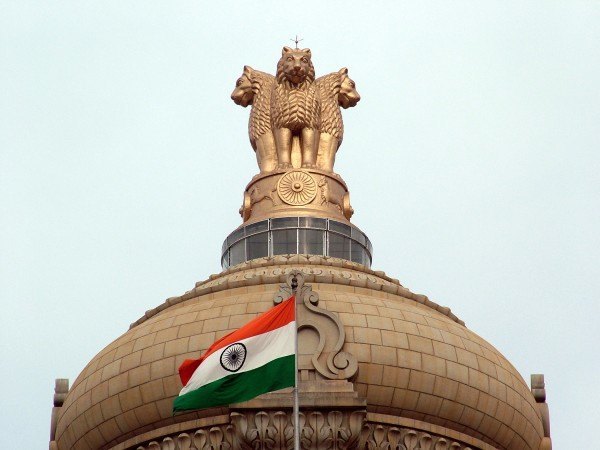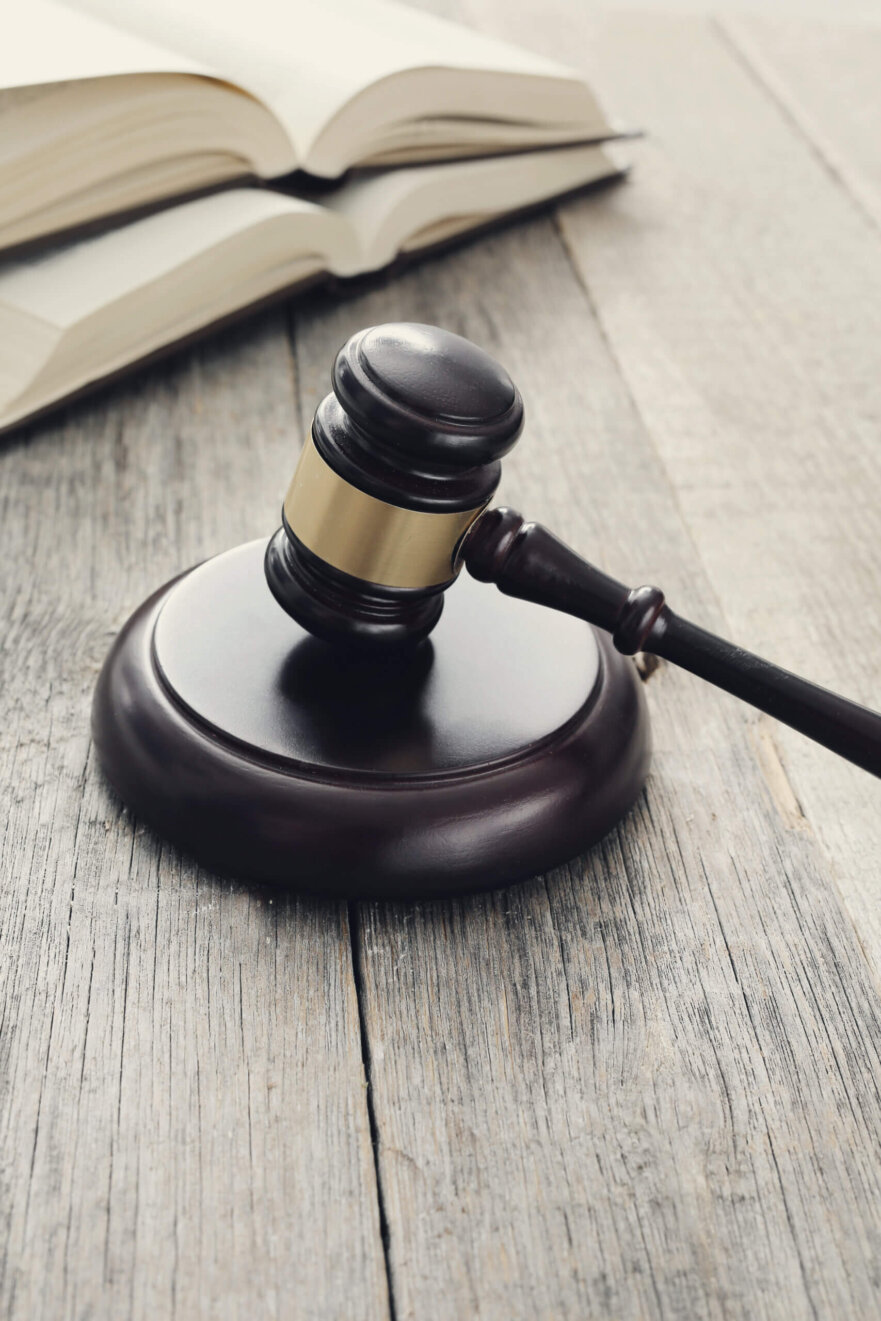
‘Bulldozer Justice’
The practice of demolishing properties as a punitive action without due process, often termed as ‘bulldozer justice,’ has been a contentious issue in India. In November 2024, the Supreme Court of India delivered a landmark judgment condemning this practice, reiterating the fundamental importance of the rule of law in a democratic society. Let’s delve into the details of this significant verdict and its implications for citizens and governance.
What is ‘Bulldozer Justice’?
‘Bulldozer justice’ refers to the practice where authorities demolish homes, shops, or other properties allegedly linked to individuals accused of crimes or protests, often without adequate notice or legal procedures. This trend has gained attention in recent years, with several instances reported across states like Uttar Pradesh, Madhya Pradesh, and Gujarat. Critics argue that such actions violate fundamental rights, including the right to shelter under Article 21 and the right to equality under Article 14 of the Indian Constitution.
The Supreme Court’s Verdict
In a decisive move, the Supreme Court condemned the use of bulldozers as a punitive tool, emphasizing the need for adherence to due process. The Court ruled that demolitions targeting specific communities or individuals without prior notice or judicial oversight violate the fundamental principles of justice and fairness.
Key Observations by the Court:
- Violation of Fundamental Rights: The Court highlighted that arbitrary demolitions breach citizens’ fundamental rights, particularly the right to shelter (Article 21) and equality before the law (Article 14).
- Undermining the Rule of Law: The judiciary underscored that such actions erode the foundation of the rule of law, which requires that all state actions be legally justified and non-discriminatory.
- Due Process is Non-Negotiable: The Court asserted that any demolition, regardless of the circumstances, must follow established legal procedures, including adequate notice and opportunities for the affected parties to present their case.
Background of the Case
The judgment came in response to multiple petitions filed against state governments accused of conducting politically or communally motivated demolitions. The petitioners argued that these actions were often targeted against minorities or dissenters, raising serious concerns about abuse of power and discrimination.
Implications of the Judgment
This landmark verdict has far-reaching implications for governance and the protection of citizens’ rights:
- Strengthening Accountability: The ruling mandates authorities to justify their actions within the framework of the law, reducing the scope for arbitrary use of power.
- Safeguarding Marginalized Communities: The judgment provides relief to vulnerable communities who are often disproportionately affected by such practices.
- Promoting Fair Governance: By reiterating the importance of due process, the Court has reinforced the need for fair and transparent governance practices.
What This Means for Law Students and Judiciary Aspirants
This judgment is a must-know for anyone preparing for judiciary exams or pursuing a career in law. It highlights critical principles of constitutional law, such as the rule of law, due process, and fundamental rights. Questions related to this case could easily appear in exams, making it a vital topic for current affairs and legal knowledge.
Conclusion
The Supreme Court’s condemnation of ‘bulldozer justice’ is a significant step toward ensuring that the rule of law prevails over arbitrariness and authoritarianism. It serves as a reminder that in a democracy, no authority is above the law, and every citizen is entitled to justice and fairness.
At Delhi Law Academy, we believe in empowering students with the knowledge and insights needed to excel in their legal careers. Stay tuned for more updates and analysis on critical judgments and legal developments.

